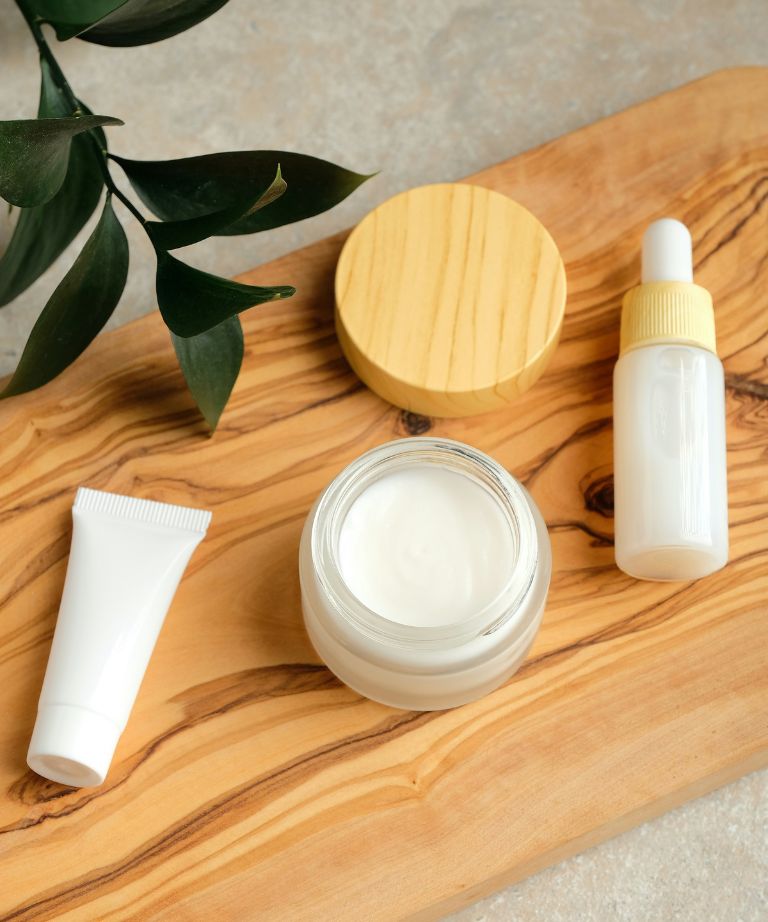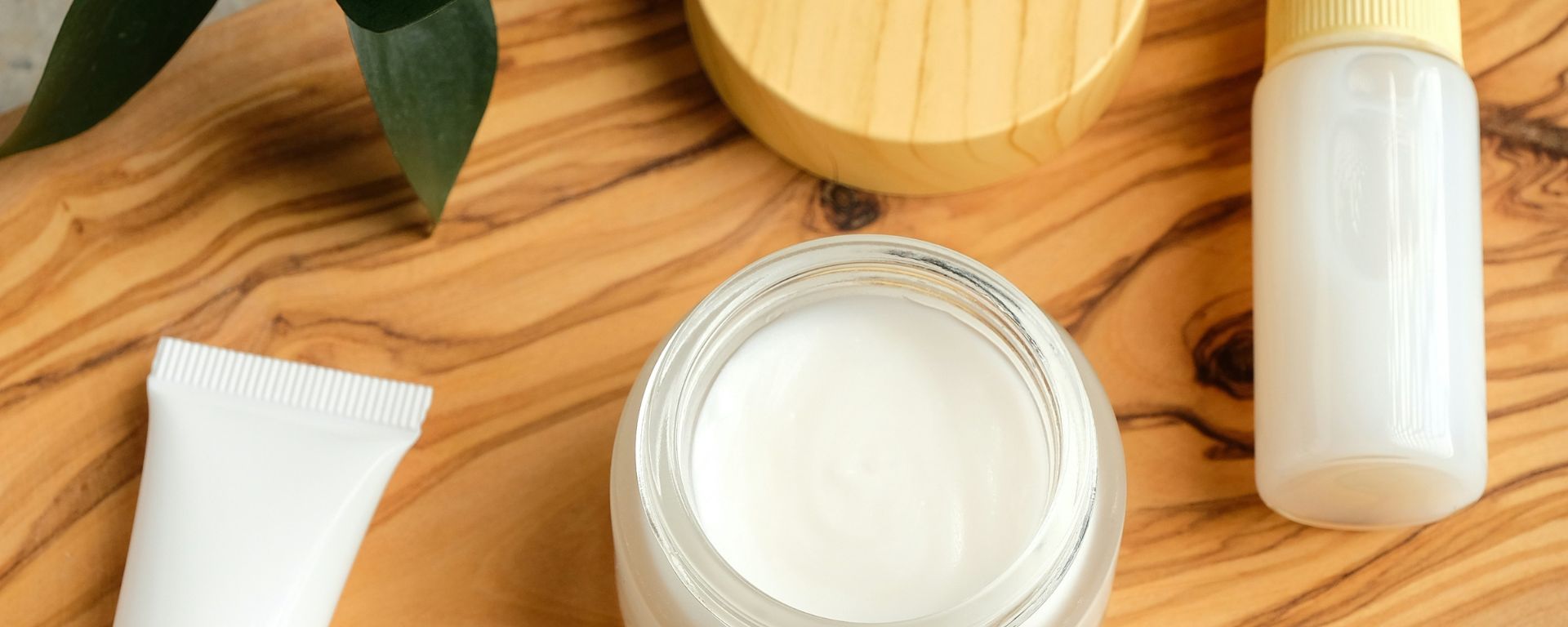

News
Octocrylene
Controversial, but unfairly demonized? A look behind the headlines
Octocrylene is a chemical UV filter that is still used in many sunscreens. In recent years, this ingredient has come under criticism, mainly due to potential health and environmental concerns. But how justified is this skepticism? And why is octocrylene still a staple ingredient in many sunscreen products despite all the controversy?
What exactly is octocrylene?
Octocrylene is a liquid, organic UV filter that primarily absorbs UVB rays and can therefore make an important contribution to protecting against sunburn and skin cancer. In addition, it is a very good solvent for other solid UV filters and also acts as a stabilizer for the frequently used UVA filter avobenzone, which can partially decompose without octocrylene.
Why has octocrylene come under criticism?
In recent years, various studies have highlighted potential risks associated with octocrylene:
Formation of benzophenone: A study from 2021 found that benzophenone, a substance suspected of being carcinogenic, can form over time in products containing octocrylene. However, this is a reaction that only occurs after prolonged storage under unfavorable conditions (e.g., heat).
Hormonal effects: Earlier studies with relatively high concentrations suggested a hormone-like effect. However, according to the latest findings, such effects are not to be expected at concentrations permitted for sunscreens.
Environmental impact: Like many chemical filters, octocrylene is suspected of damaging coral reefs – although its actual relevance in the open sea is controversial.
Octocrylene in comparison: Why it's not just “good” or “bad”
Despite the criticism, octocrylene also offers many advantages that should not be overlooked:
High photostability: It provides reliable protection over long periods of time. A clear advantage in this context is the stabilization of the UV-A filter avobenzone, which is frequently used and can lose its effectiveness without octocrylene.
Cosmetic advantages: A major advantage of octocrylene is that it is a liquid raw material. In addition to its UV protection effect, it is therefore able to dissolve other UV filters that are in solid form and are usually oil-soluble. The homogeneous and stable dissolution of the solid UV filters is essential to ensure the stability and performance of a sunscreen product.
If octocrylene is not used, the lack of UV protection and the dissolving effect must be compensated for. To do this, other UV filters and additional oils must be used in higher concentrations. This can often lead to these sunscreen formulations being perceived as significantly oilier and richer.
Are there alternatives to sunscreen containing octocrylene? Sunscreen with mineral filters such as zinc oxide
There are now many sunscreen products on the market that are formulated without octocrylene. A look at the ingredients of the products reveals whether octocrylene is used or not. Those who want to avoid organic UV filters altogether can switch to products with mineral filters, such as zinc oxide or titanium dioxide. These are often considered to be well tolerated, especially for sensitive skin or children. However, there are also limitations here:
- White effect: Products with mineral filters often leave a visible film.
- Poor skin feel: Products with mineral filters can be more difficult to spread.
- Zinc oxide can cause problems with product stability due to its partial water solubility. In addition, it is not completely harmless from an environmental point of view due to its possible effects on aquatic organisms.
Why do some people believe that octocrylene is banned?
Octocrylene has made many headlines in recent years – most of them negative. But where do the concerns about octocrylene come from? Some media reports and natural cosmetics manufacturers portray octocrylene as “highly dangerous” – often without context or scientific classification. It is important to note that octocrylene is not banned as a UV filter!
Only in certain regions (e.g., Hawaii, Palau, parts of the Caribbean) is octocrylene banned in sunscreen products because of concerns that it could damage coral reefs. So not for potentially harmful health reasons, but for environmental reasons.
In addition, natural cosmetics labels such as NATRUE or COSMOS do not allow organic filters such as octocrylene – as a matter of principle, not because of an official ban.
This is because octocrylene is not banned, but regulated. It is classified as safe by the EU within the framework of the Cosmetics Regulation within the permitted concentrations.
Legal status of octocrylene:
According to the EU Cosmetics Regulation (as of 2025), octocrylene is approved as a UV filter and may be used in concentrations of up to 10% in sunscreens and other cosmetic products.
There are restrictions, but these only apply to certain applications. This is the case, for example, with aerosol products (e.g., sprays). Lower limits apply here, as inhaling octocrylene poses a potentially different risk profile.
The EU's Scientific Committee on Consumer Safety (SCCS) also evaluated octocrylene in 2021. The result: in the permitted concentration, it is considered safe for consumers.
Conclusion: Take a differentiated view of octocrylene
Octocrylene is a good UV filter in regulated amounts and is not banned!
Octocrylene has weaknesses. However, scientific evaluation shows that its use in sunscreens is well below the thresholds at which health risks could arise. If you don't want to take any risks with sunscreen, you should not use products that were opened the previous summer, but buy “fresh” sunscreen products every summer – you can find out more about this in our article on the correct use of sunscreen.
And if you really want to avoid OCR, you can check the ingredients or use products that are actively advertised as “octocrylene-free.”
For consumers with particularly sensitive or allergy-prone skin, it may be advisable to use products that carry the DAAB logo. These have been tested by the German Allergy and Asthma Association (DAAB) and confirmed to be compatible.
For people who would like to avoid organic UV filters altogether, there are alternative products with purely mineral filters (zinc oxide, titanium dioxide).
Note: Not every “critical” ingredient is automatically dangerous—and not every “natural” alternative is automatically better. When it comes to ingredients in sunscreen, it is worth taking a differentiated view.